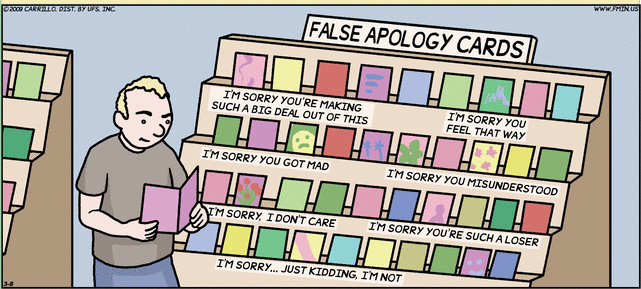Hitting their Stridency
The other day on NPR's "Marketplace," Robert Hass tells me, a Wall Street analyst said that Obama "has to show Americans that he is making strident progress toward stabilizing the credit crisis." A new one on me, but Google turns up about 100 hits for strident progress, 50 or so for strident advances, and almost 400 for strident growth, the great majority of them suggesting simply "great" or "impressive," with no intimation of shrillness or unpleasantness:
Today, some of the most strident advances in technology overall have been in the arena of forecasting… (CBS3, Springfield, Mass.)
Sizzler made strident progress throughout the 1980s, blossoming into a vibrant enterprise. (Worldwide Restaurant Concepts, Inc.)
The failure of real gains to trickle down the income scale has been mitigated by… a strident expansion of public sector activities and the public funding of employment within the public and private sectors. (Economic Research Council, UK)
The shares are trading on about 23 times forecast 2007 earnings, but there is no sign that Capita's strident growth is likely to slow. (The Telegraph)
Quite a few of the hits seem to be from Asian English-language sources, but as the examples above show, the phenomenon is pretty widespread. And it goes back quite a while: a 1922 collection of items by the famous Chicago Tribune columnist Bert Leston Taylor includes the item
"SINCE her tour of the Pacific Coast," declares a Berkeley bulletin, "Miss Case has made strident advances in her art." The lady, it appears, sings.
Is this just the influence of "making strides," or is there some way to get here from the literal meaning of strident?
